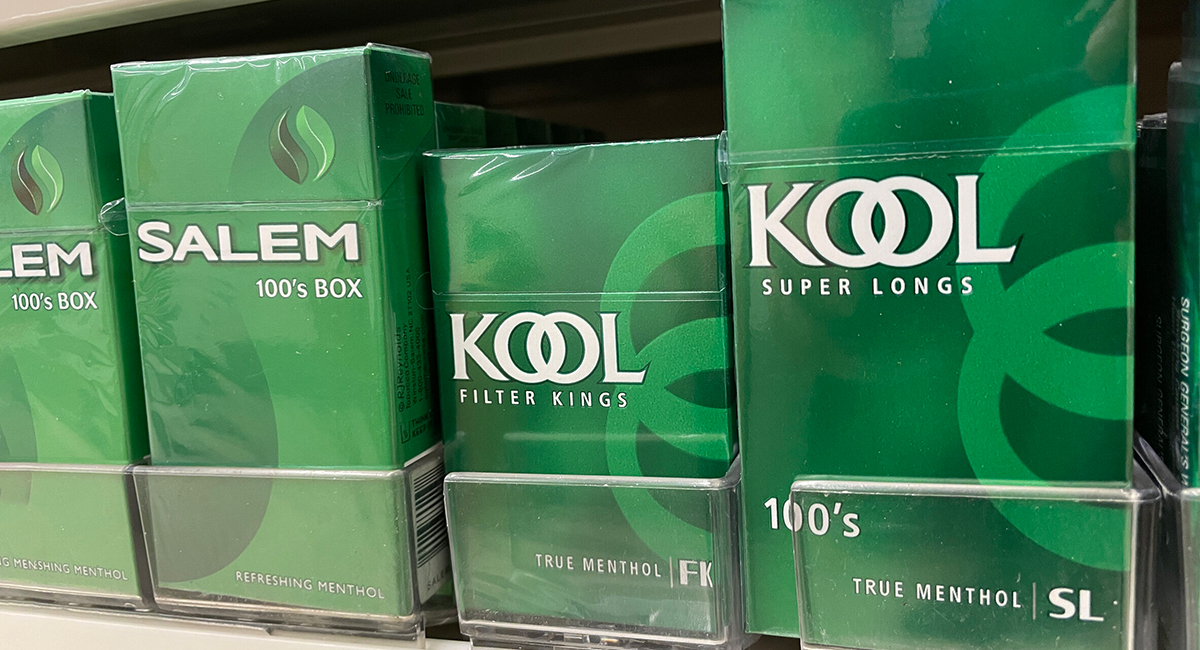California’s Proposition 31, a referendum on a bad law already passed by the state legislature, would set a new high for paternalism designed to invigorate the war on drugs. The puritanical November ballot measure to ratify the ban on flavored tobacco is classist and racially biased, and could empower police to have more violent confrontations with teenagers and adults.
A little background first. The San Francisco Board of Supervisors passed an ordinance in 2017 banning flavored tobacco, a predecessor of Prop 31. Big tobacco fought back but eventually lost. The R.J. Reynolds Tobacco Company then backed a referendum to repeal the ban, but it failed.
Following the passage of the San Francisco ordinance, the California State Legislature passed a statewide ban in 2020. Prop 31 is a referendum on that ban. A no-vote equals thumbs-down on prohibition.
Proponents of Prop 31 include Gov. Gavin Newsom and a consortium of groups warning that sellers of flavored tobacco are coming for our kids. This point is unconvincing. As the Daily Breeze editorial board summarized, “This premise is nonsensical for the obvious reason that it’s already illegal for minors to purchase tobacco products.”
If the ban is such a good idea, why doesn’t the state extend its nanny logic to other flavorful products, like alcohol? In fact, the ban on menthol cigarettes and flavored smokeless tobacco is heavily skewed against particular groups.
Menthol cigarettes, for example, are disproportionately consumed by African Americans. A 2018 survey from the Society for Research on Nicotine and Tobacco found that among black cigarette smokers, 85 percent prefer menthol cigarettes, compared to 30 percent for whites. According to the Centers for Disease Control, smokeless tobacco is predominantly used by “Hispanic American Indian and Alaska Native adults” and is stereotypically associated with impoverished whites. None of those groups is well-represented in the California legislature.
With marijuana legalization, Californians seemed to recognize the harms caused by drug prohibition: mass incarceration, gang warfare, and frivolous public spending. Prop. 31 would expand the war on drugs to flavored tobacco, but as noted, the war would be biased against blacks and other minorities.
The message behind Prop 31 is eerily similar to that of the progressive crusades of the early 20th century. At the very least, Prop 31 implies that minorities are dumb or “don’t know what’s good for them.”
As noted by Professor Jody David Armour of the University of Southern California School of Law, “You cannot agree that the Black community does not need more unjust interactions with police, yet also support bans and prohibitions that result in more police interactions, investigative stops, stop-question-frisk cases.”
In the case of menthols, a targeted tobacco ban that favors the preferences of white consumers inevitably means that whites and blacks will be policed differently, and it would create an underground market for flavored tobacco products. Along with it would come the harms associated with police attempts to stop what used to be above-board market exchanges. How quickly Californians have forgotten the tragic case of Eric Garner, who was killed in New York after being put in a police chokehold for allegedly selling black-market cigarettes.
Big Tobacco, which proponents of Prop 31 say they are targeting, is politically unpopular, no question. And tobacco use of course risks harmful health consequences. But Prop 31 addresses this issue the wrong way. Ad campaigns are effective in changing people’s preferences voluntarily. We don’t need Big Police locking people up or worse because consumers prefer mint-flavored tobacco. Vote no on Proposition 31.








